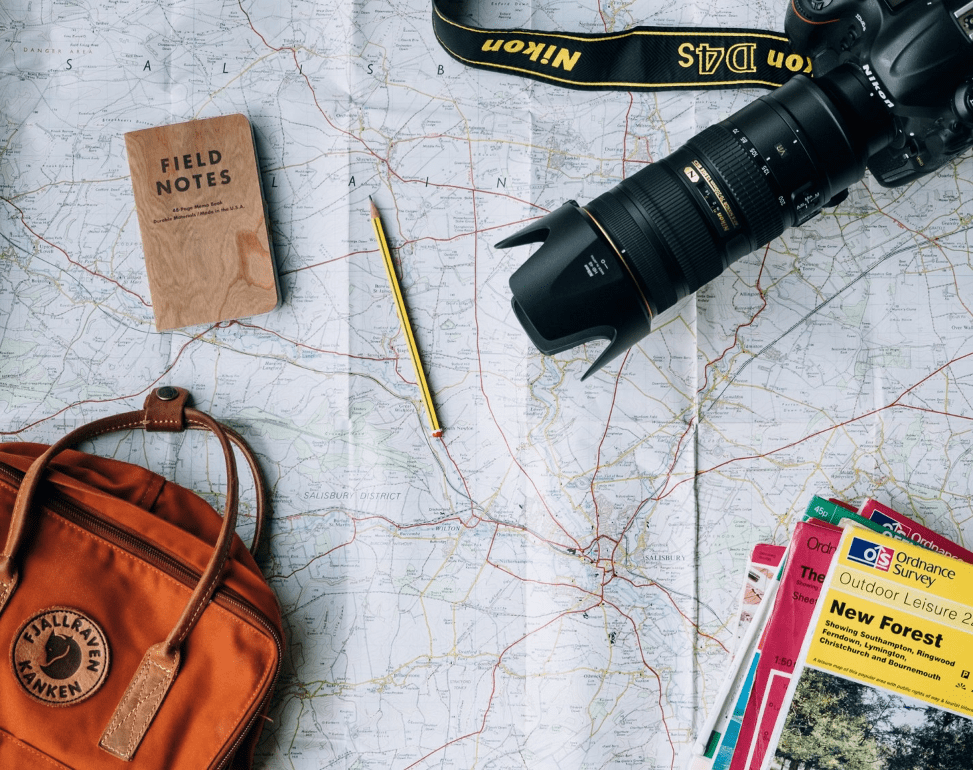The idea of being a nomad often paints a picture of freedom—working from a beach café, hopping between countries, and never being tied down. While that lifestyle sounds appealing, the reality isn’t always as effortless as it appears. Living on the move comes with unique challenges, especially when it comes to money management, social connection, and overall well-being.
The Financial Side of Being a Nomad
Many choose the nomadic lifestyle believing it will help them save by living in countries with lower costs. At first glance, this seems practical, but the reality often proves otherwise. Daily expenses, unexpected costs, and inconsistent income streams can quickly disrupt financial stability.
Some common money-related hurdles nomads face include:
1. Unplanned expenses – Medical visits, transportation fees, or baggage charges can strain limited budgets.
2. Income uncertainty – Freelancers and remote workers often deal with fluctuating earnings, making long-term planning difficult.
3. Lack of financial literacy – Without strong money habits, tracking expenses on the move can feel overwhelming.
Many experienced travelers recommend building a savings buffer before setting out, ideally enough to cover three to six months of expenses. Without this cushion, the pressure of constant financial balancing can overshadow the freedom that nomad life promises.

Freepik | Nomadic living, despite its low-cost reputation, often leads to unforeseen expenses that drain savings.
Loneliness on the Road
Nomad life isn’t only about finances—it’s also about human connection. Constant relocation makes it harder to build long-term friendships or maintain a strong support system. While digital communities and social apps offer ways to meet people, they often don’t replace genuine, lasting relationships.
For introverts especially, socializing in new cities can feel draining. Over time, the repeated cycle of introductions, temporary bonds, and goodbyes leaves many nomads feeling isolated. Meanwhile, friends and family back home often move forward with stable lives and regular gatherings, which can amplify the sense of distance.
The Reality of Constant Change
One of the less-discussed aspects of nomad living is the sheer mental effort required to keep starting over. Every new destination means adapting to new transport systems, local customs, currencies, and even power outlets. At first, the novelty feels exciting, but after months on the move, it can become mentally exhausting.
The lack of routine also impacts focus and motivation. With no consistent workspace, productivity can dip, making it harder to balance work demands with travel experiences. Over time, some nomads report feeling detached from their own goals, as daily survival tasks overshadow professional ambitions.
Shifting Toward Intentional Travel

Freepik | Group of digital nomads working together at a cozy café or coworking space, smiling and interacting.
Many long-term nomads eventually reassess what travel means to them. Instead of constant movement, they begin to prioritize quality experiences and meaningful connections over the number of stamps in a passport. This shift often leads to slower, more intentional travel—visiting fewer places, staying longer, and focusing on relationships rather than constant change.
Travel then becomes less about escaping routine and more about deepening bonds with loved ones, whether it’s a family trip to Europe, a getaway with a partner, or reconnecting with old friends abroad. For many, this approach feels more sustainable, both emotionally and financially.
Building Smarter Habits as a Nomad
Living as a nomad can be rewarding with the right preparation and habits. A few practical steps can help make the lifestyle more manageable:
1. Plan ahead financially – Track income, set budgets, and prepare for emergencies.
2. Balance work and leisure – Designate focused work hours and separate them from exploration time.
3. Nurture social ties – Stay connected with loved ones virtually and seek out longer stays where meaningful friendships can form.
4. Adopt routines on the go – Even simple daily rituals like morning walks or journaling can provide grounding while traveling.
Why Nomad Living Isn’t for Everyone
The nomadic lifestyle may look like a dream on social media, but behind the highlights are unseen struggles—loneliness, stress, and instability. While it does offer freedom and adventure, it also demands resilience, adaptability, and strong self-management.
For many, true fulfillment doesn’t come from endless movement but from finding balance—traveling with intention, building connections, and creating stability even while living on the move.




